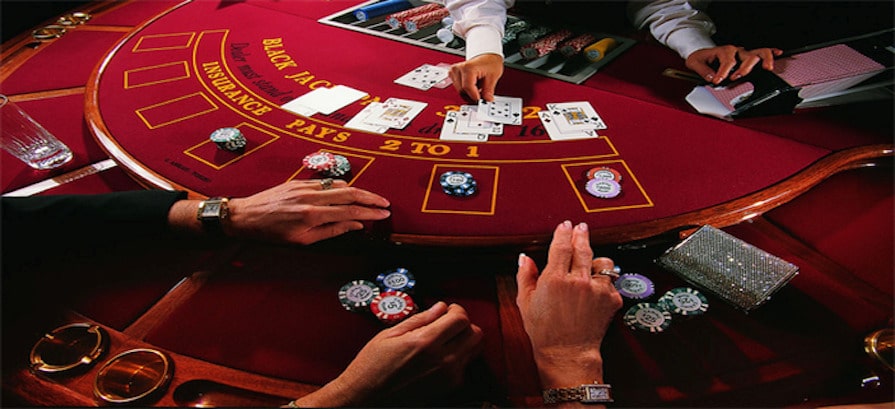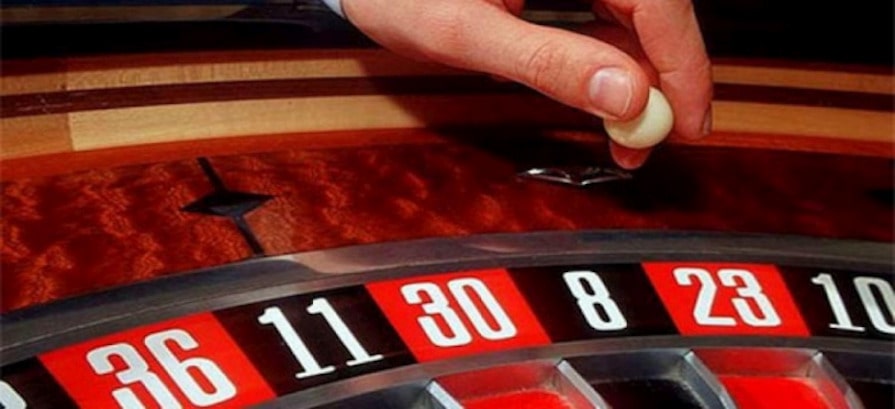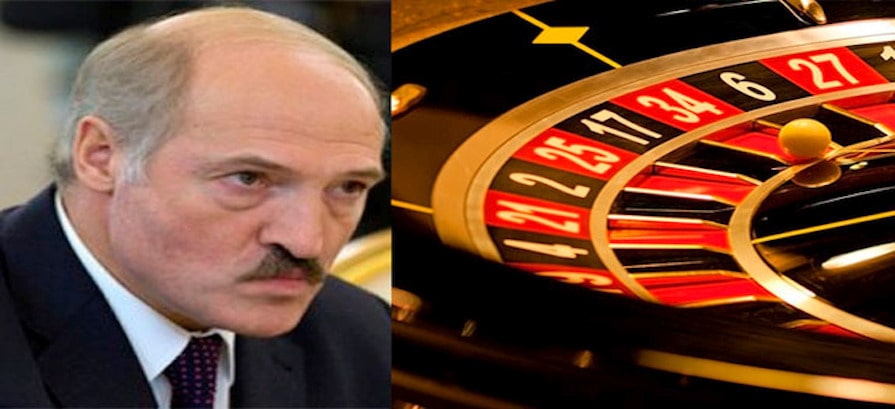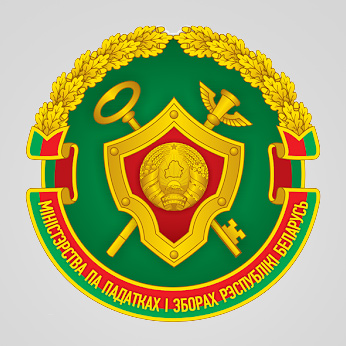

The Belarus Ministry of Taxes and Duties (MNS) serves as the principal regulator of gambling activities within the country.
Significant milestones in the history of gambling regulation include:
The Presidential Decree of the Republic of Belarus dated January 10, 2005, No. 9, “On the Approval of Regulations Governing Gambling Activities within the Territory of the Republic of Belarus,”
The year 2018, with the implementation of Presidential Decree No. 305, “On the Enhancement of Legal Regulation of Gambling Activities,” significantly modernised the regulatory framework and legalised online casinos in the country.
Another crucial development in the gambling sector in Belarus occurred in 2009, when Russia enacted legislation prohibiting gambling activities throughout the country, except in designated zones.
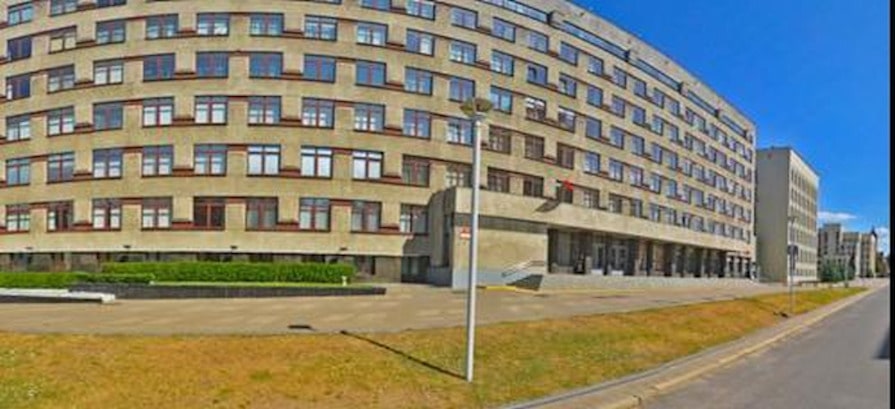
Regulatory Power
The Ministry of Taxes and Duties conducts comprehensive oversight of the gambling industry in Belarus, encompassing both land-based establishments and virtual platforms. The regulatory body ensures compliance with gambling legislation, issues licences, monitors tax revenues, and supervises operators’ adherence to social responsibilities.
The gambling industry in Belarus is a young yet rapidly evolving sector. Unlike the long-standing traditions of gambling in the United States and Europe, the Belarusian market is in the process of carving its niche on the global stage, encountering both challenges and new opportunities along the way.
Licensing System
The licensing process in Belarus is characterised by its clear structural framework. Operators must meet stringent financial viability requirements, including maintaining a dedicated guarantee fund for the payment of winnings. A crucial aspect of this process is the stipulation that online casino servers must be located within Belarus, alongside mandatory connection to a specialised cash register system (SKKS).
Technical Infrastructure
A key element of oversight is the Special Computerised Cash Register System (SKKS), managed by the State-Owned Enterprise “Monitoring Centre for the Gambling Industry.”
This system facilitates:
- Real-time monitoring of all transactions
- Tracking of bets and winnings
- Oversight of tax payments
- Identification of suspicious transactions
The Primary Objectives in the Regulation of Gambling
The Ministry performs several key functions within the gambling sector:
- Licensing of Operators: The Ministry is responsible for the issuance of licenses for gambling activities. This involves assessing applicants for compliance with established criteria such as financial stability, technical preparedness, and adherence to legal standards.
- Monitoring Compliance with Legislation: One of the Ministry’s primary responsibilities is to oversee the activities of gambling operators to ensure their conformity with legal requirements. This includes conducting regular inspections and audits aimed at identifying any violations.
- Protection of Player Rights: The Ministry is actively engaged in safeguarding consumer rights within the gambling sector. This involves implementing measures to combat fraud, as well as developing programmes aimed at preventing gambling addiction.
- Combating Illegal Gambling Activities: The Ministry takes decisive action to identify and curtail unlawful gambling operations. This includes cooperating with law enforcement agencies and other governmental institutions to ensure effective oversight.
Taxation
Belarus employs a fixed taxation system for the gambling industry, where tax rates are determined for each taxable unit (such as gaming tables, slot machines, betting shop counters, etc.). Special tax rates apply specifically to online casinos within this framework.
Primary Taxable Entities:
- Gaming tables (6,341 BYN per month)
- Slot machines (241 BYN per month)
- Betting shop counters (650 BYN per month)
- Totalisator counters (1,300 BYN per month)
Key Moments:
- The licence costs 500 basic units (10,500 BYN).
- Since 2016, an additional tax of 4% on winnings has been instituted.
- The tax is levied based on the number of registered entities at the beginning of the month.
- To register entities, a licence, a certificate, and a maintenance contract are required.
- Tax rates are periodically indexed in accordance with inflation.
Effectiveness: In January 2016 alone, the income tax on winnings contributed over 31 billion Belarusian roubles (prior to denomination) to the budget.
International Cooperation
The Ministry of Taxes and Duties of the Republic of Belarus actively engages in international collaboration concerning the regulation of gambling, facilitating the exchange of experiences, best practices, and information with other countries and international organisations. This cooperation aims to enhance oversight of the gambling industry and ensure compliance with the law.
The primary areas of international collaboration:
- Information exchange: The Ministry actively engages with foreign regulators, enabling timely access to information about emerging trends and methods for regulating gambling. This includes the sharing of data pertaining to licensing, oversight, and combating illegal gambling activities.
- Participation in international forums: The Ministry represents Belarus in various international conferences and forums dedicated to gambling regulation. This provides an opportunity to discuss pressing issues and collaboratively seek solutions with other countries.
- Collaboration with international organisations: The Ministry collaborates with entities such as the International Association of Gambling Regulators (IAGR) and other professional associations, promoting the integration of best practices into national legislation.
Development of joint initiatives: As part of its cooperation with other nations, the Ministry participates in the formulation of joint initiatives aimed at combating illegal gambling activities and safeguarding players’ rights. This may involve the establishment of common standards for gambling operators.
Development Prospects
The regulator continues to enhance the regulatory framework and technical requirements for operators. Particular emphasis is placed on developing systems for monitoring online gambling and implementing new technologies for the oversight of gambling activities.
However, despite these achievements, the gambling sector in Belarus faces significant challenges attributed to escalating economic and political sanctions. Below are the primary issues encountered by the Ministry of Taxes and Levies (MTL) and proposed pathways for their resolution.
Current Situation:
- 26 land-based casinos and 195 slot machine halls
- 4,500 employees in the industry
- 74% of machines (4,700) have expired registrations
- The cost of one machine is approximately $11,000
- The current tax on each machine is about $86 per month
Planned Changes:
- Extension of the operational lifespan for older machines until January 1, 2027
- A twofold increase on the tax on “expired” machines
- An increase in the tax for online operators from 8% to 10% of Gross Gaming Revenue (GGR) starting from 2025 (GGR being the total amount of bets minus the total amount of winnings)
- Indexation of fixed tax rates in accordance with inflation levels
Reasons for the Change:
- Sanction restrictions on the procurement of new equipment
- Risk of losing $275,000 in monthly tax revenue
- Potential closure of approximately 50 gaming establishments
Expected Effect:
- Additional annual revenue for the budget of approximately $3.8 million from the online sector
- Encouragement to upgrade existing gambling equipment
- Preservation of tax revenues from land-based establishments
Social Responsibility
The Ministry of Finance pays considerable attention to the issues of social responsibility within the gambling industry.
Operators are required to:
- Conductplayeridentification
- Adhere to age restrictions (21 years for casinos)
- Provide information regarding the risks of gambling addiction
- Collaborate with organisations that offer support to those affected by gambling addiction
Conclusion
The Ministry of Taxes and Duties of the Republic of Belarus has established an effective regulatory system for the gambling industry, blending stringent oversight with the support for the development of the legal market. Key features of the Belarusian regulatory model include a centralised monitoring system, a clear regulatory framework, and a comprehensive approach to protecting player rights.
The experience of the Ministry is of great interest to other countries, particularly regarding the implementation of a centralised control system and the creation of effective mechanisms for player protection. The continuous enhancement of the regulatory framework and technical infrastructure enables the regulator to uphold high standards of oversight within the gambling industry.
